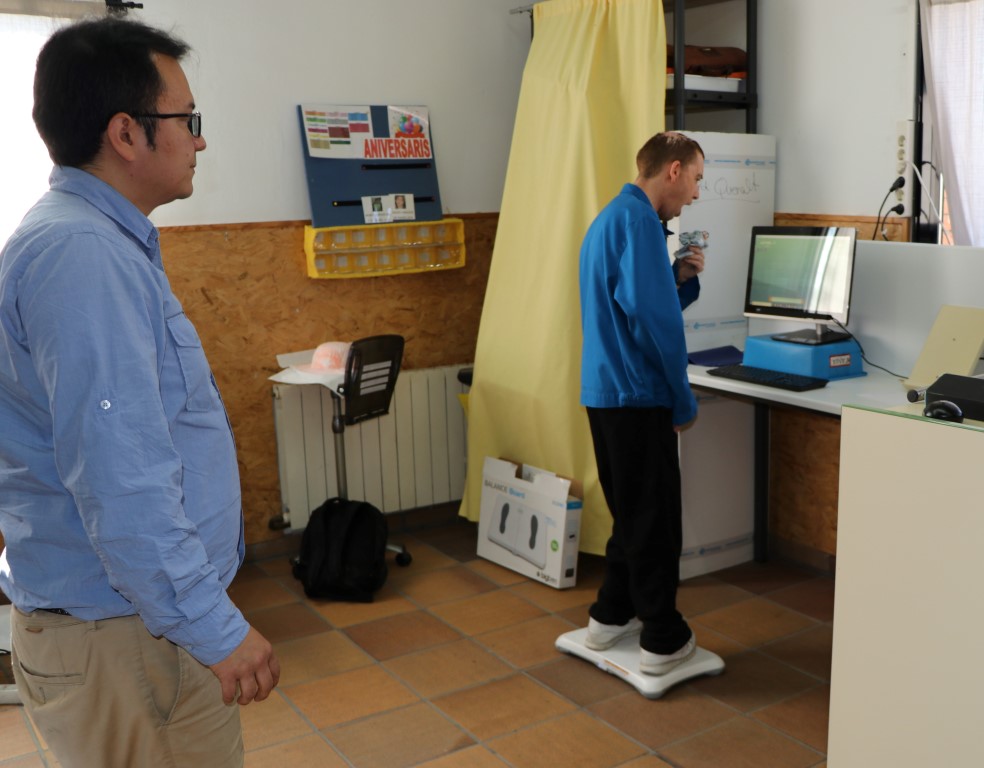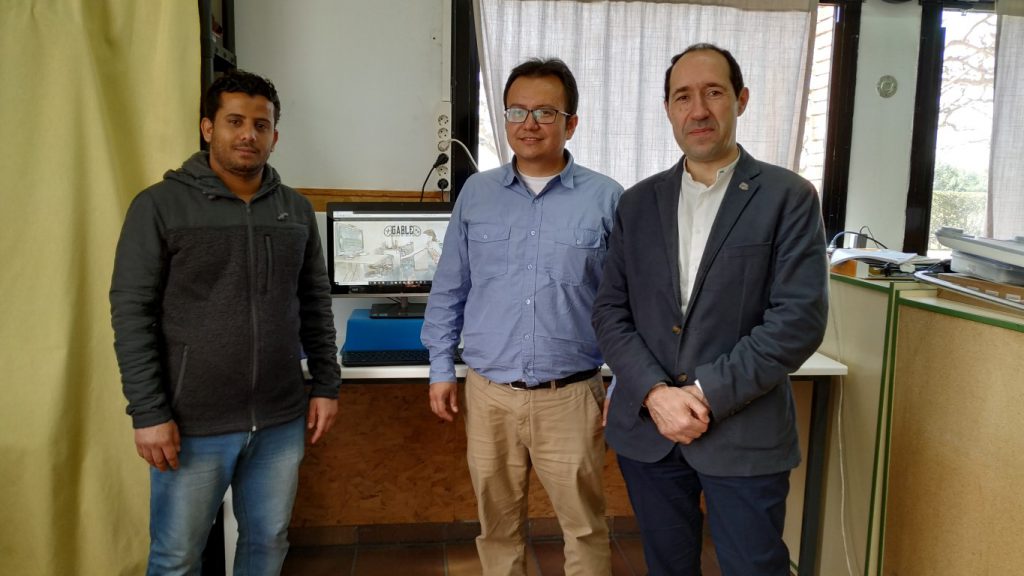16/05/2019
The URV coordinates a project to design interactive therapeutic games for people with cerebral palsy
The games use a digital platform in order to improve aspects related to movement control and social interaction

The games use a digital platform in order to improve aspects related to movement control and social interaction
GABLE “GAmification for a Better LifE”, is the name of the project, which aims to develop a social platform to improve the lives of people with cerebral palsy. It is a European project that began in 2016 and is coordinated by the Universitat Rovira i Virgili through the Robotics and Intelligent Vision research group.
The platform is a continuation of the research group’s previous work and updates it with emerging gaming technologies such as augmented reality. At the same time, the researchers are introducing machine learning in order to personalize games for each player; that is, the games are designed to evolve to meet a specific player’s needs by adjusting the level of difficulty on the basis of the player’s responses. Furthermore, it offers mechanisms that enable carers to adequately monitor a patient’s results and thus determine their progress and evolution.
In addition to monitoring improvements in the player’s balance and mobility, the project aims to strengthen relations among patients with cerebral palsy by developing technologies that enable various players around the world to play together at the same time and thus “strengthen their communications skills through interactions” explained URV professor Domènec Puig, the project’s principal researcher and coordinator of the Robotics and Intelligent Vision research group of the URV’s Department of Computer Engineering and Mathematics.

The team are currently working with people who have a certain degree of mobility in order help them improve their physiological balance and movement control. The players stand on a balance board and play the game by making movements on the board. Designing these games is challenging particularly when the aim is to encourage social interactions among individuals with cerebral palsy and with mixed levels of ability.
The games are being tested at the Baix Camp workshop in Reus and the Espiga Foundation in Vilafranca del Penedès. For Joan Giménez, psychologist and coordinator of services at the Foundation, “combining leisure with physical improvements is of particularly interest”. In order to participate, Giménez said, users must be able to move from the waist down and have a certain level of coordination. The evidence suggests that the improvements they obtain from physiotherapy combine with those provided by play. “We can see improvements in their ability to carry out their daily activities” he stated, although the researchers are still in the data collection stage.
GABLE is an innovation project funded by the European H2020 programme. It brings together five international members coordinated by the URV which also undertakes the intelligent analyses of the data. The project will finish at the end of 2019 and there are already viable prototypes. The group aims to continue its work in order to standardize the games for future commercialization and distribution.
